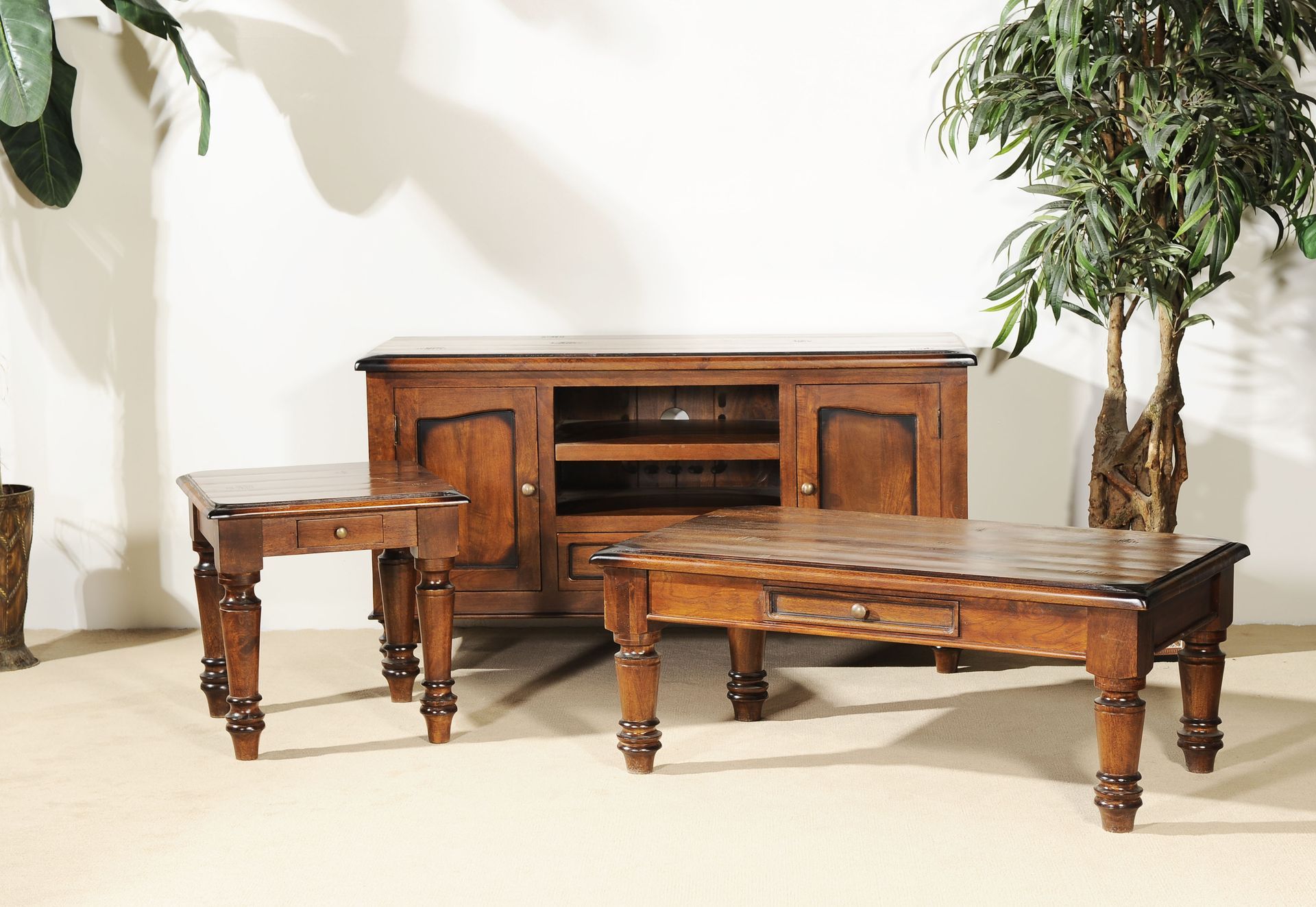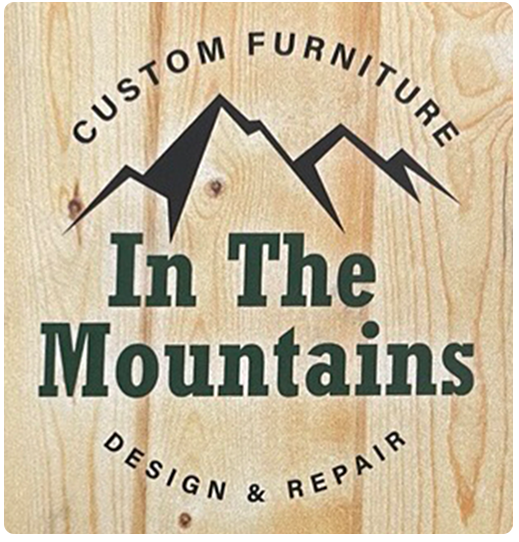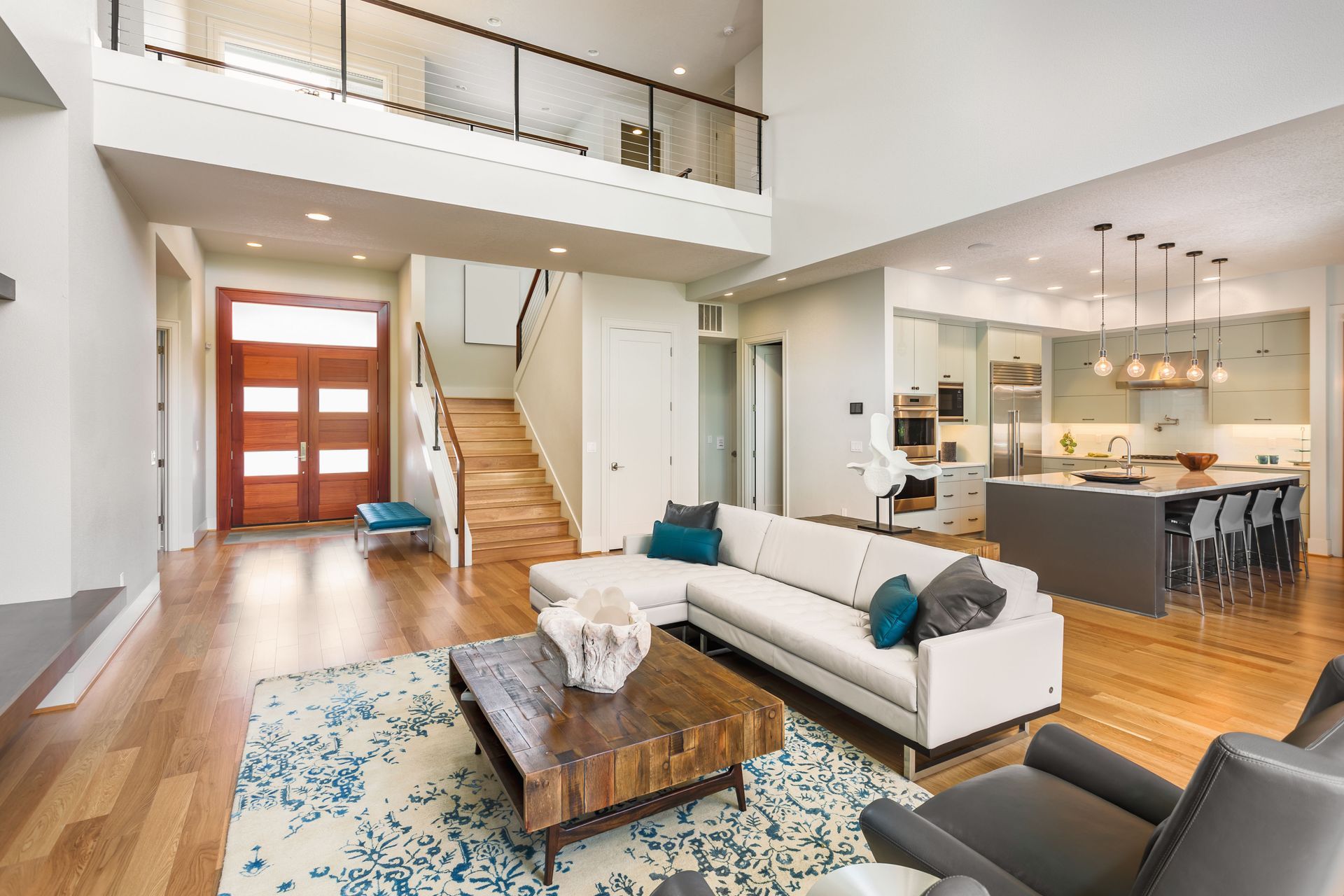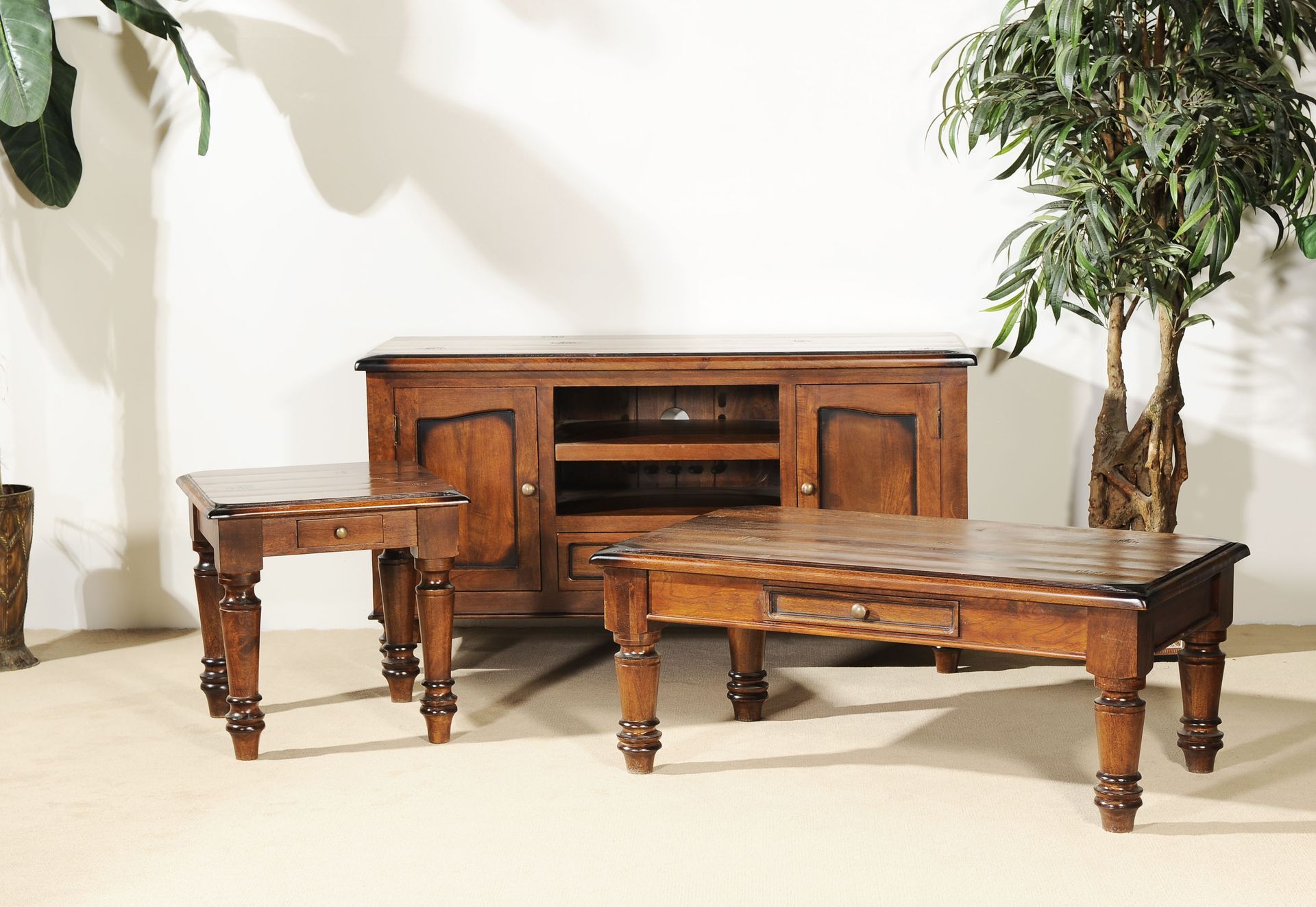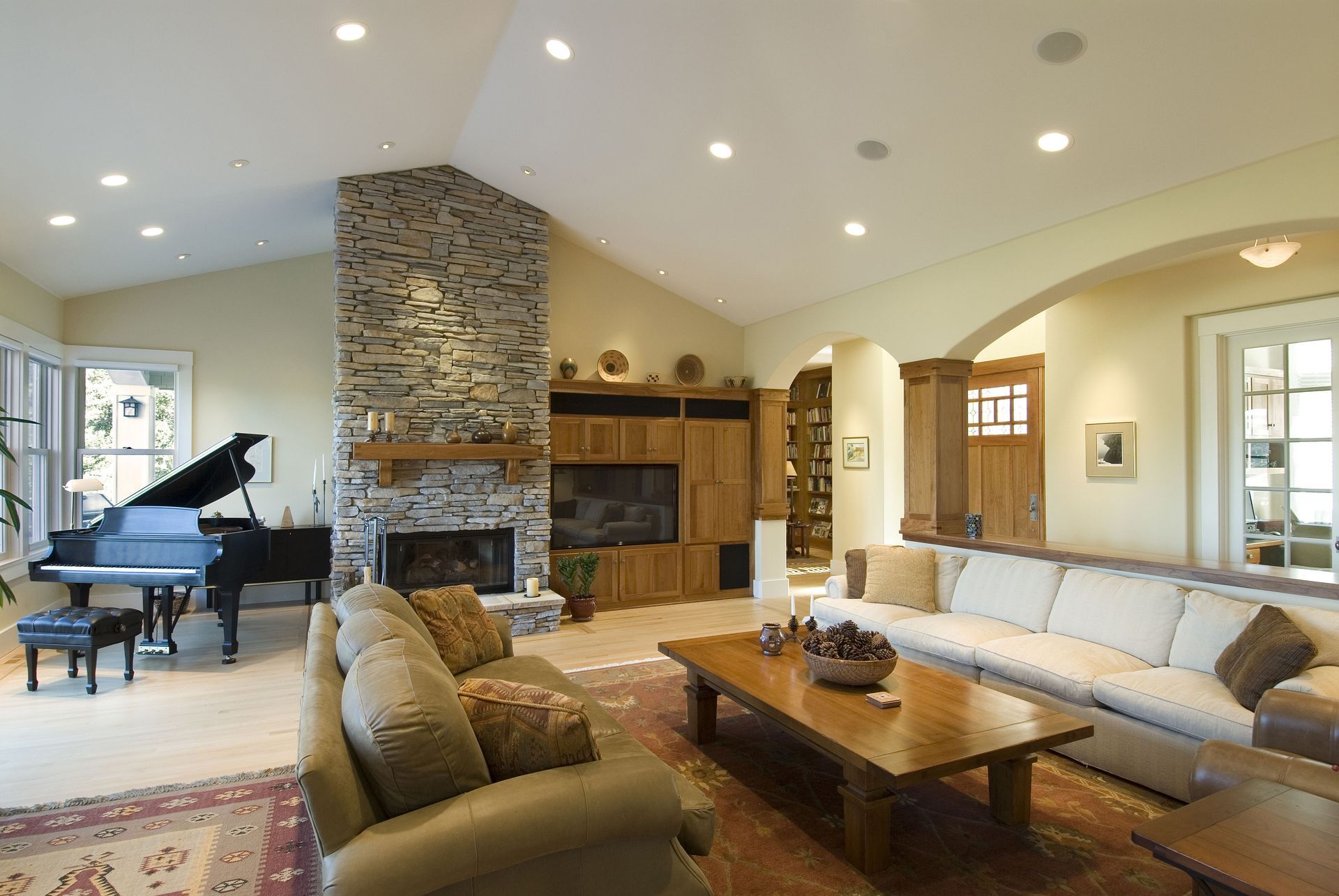September 25, 2025
Custom furniture offers unique benefits and unparalleled personalization for your home or office. However, choosing the right custom furniture maker involves asking the right questions. This article will guide you through essential queries to ensure you find a maker that fits your needs and vision. Custom pieces are more than just functional items; they reflect your personal style, complement your space, and can even become family heirlooms. By carefully selecting a skilled maker, you ensure quality craftsmanship, durability, and a design that truly resonates with your aesthetic preferences. Knowing what to ask helps you avoid common pitfalls, stay within your timeline, and make informed decisions, ultimately resulting in furniture that is both beautiful and practical.
1. Materials: What Options Are Available?
The choice of materials is foundational to the quality and aesthetics of custom furniture. Makers often provide a range of options, from classic hardwoods like oak, walnut, and maple to modern composites, metals, and reclaimed materials. Each material carries unique characteristics, influencing the durability, weight, maintenance requirements, and overall feel of your furniture piece. For instance, hardwoods offer timeless beauty and resilience, while metals can add a sleek, contemporary edge and structural strength.
Sustainability is an essential factor in material selection. Asking the maker about their sourcing practices can reveal their commitment to environmental responsibility. Many artisans prioritize renewable, responsibly harvested, and certified suppliers, benefitting both the planet and the consumer's peace of mind. In addition, understanding whether materials are local or imported can influence the environmental footprint of the furniture and even the cultural authenticity of the design. Choosing sustainably sourced materials ensures that your custom piece not only looks good but also aligns with ethical practices that matter to many modern homeowners.
Additionally, understanding the different finish options and how they protect or enhance materials is crucial. From natural oils and waxes to durable lacquers and varnishes, finishes can dramatically alter both the appearance and longevity of a piece. Engaging with the maker about textures, color options, and possible surface treatments allows you to tailor your furniture to your exact vision. This is also an opportunity to explore advanced finishing techniques, such as hand-rubbed textures, distressed effects, or metallic coatings, which can add depth and uniqueness to your custom creation.
2. Design Process: How Do You Translate Ideas into Furniture?
The journey from concept to creation begins with a thorough initial consultation with a custom furniture maker. Here, clients can present their ideas, lifestyle requirements, and aesthetic preferences. Skilled makers will ask probing questions, provide suggestions, and offer insights that might refine your vision, ensuring practicality meets artistry.
Many artisans employ a mix of sketches, CAD models, and 3D renderings to bring designs to life before production begins. These tools not only help clarify proportions and ergonomics but also allow clients to visualize finishes, joinery, and material interplay. By experimenting with different design iterations digitally, potential issues can be identified and resolved early, saving time and ensuring that the final piece aligns perfectly with expectations.
Client feedback and active involvement throughout the design process can significantly improve outcomes. Scheduling regular updates, review sessions, and opportunities for adjustments encourages collaboration, ensures clarity, and fosters a sense of ownership. Reviewing the maker's past work, case studies, or client galleries can provide inspiration and a tangible sense of what to expect, helping clients make informed design choices.
3. Timeline: How Long Will the Process Take?
Understanding the full timeline is essential when commissioning custom furniture. Projects often begin with a design phase that involves brainstorming, sketching, modeling, and multiple rounds of revision. Depending on complexity, this stage can span from several weeks to a few months. Clear communication regarding deadlines at this stage sets expectations for both the client and the maker.
Once designs are finalized, production begins. Manufacturing timelines can vary based on material availability, specialized techniques, the maker's schedule, and the level of customization involved. Unlike mass-produced furniture, custom pieces require careful craftsmanship, which naturally extends timelines. Clients benefit from discussing realistic production schedules and any potential seasonal or logistical delays.
Despite careful planning, unforeseen delays such as material shortages, shipping issues, or unexpected design challenges can occur. Establishing a clear communication plan ensures clients receive timely updates at every stage, from initial production milestones to final delivery and installation. Open dialogue also allows for proactive problem-solving, helps manage expectations, minimizes stress, and ensures a smoother, more enjoyable project experience for both the client and the maker. Maintaining transparency throughout the process builds trust, fosters collaboration, and allows adjustments to be made efficiently, ultimately resulting in a finished piece that meets or exceeds expectations.
4. Costs: What Should You Expect to Pay?
Cost estimation is a critical early step in planning a custom furniture project. Prices vary depending on the choice of materials, design complexity, specialized features, and labor intensity. Transparent discussions about budget constraints and priorities allow makers to suggest practical solutions, substitutions, or phased approaches to achieve the desired outcome.
It's important to consider more than just the initial outlay. Budgeting should account for delivery, installation, potential maintenance, and long-term care. Many makers provide flexible payment structures, which can ease financial strain and accommodate larger projects without compromising quality or design ambition.
Clients should also benchmark their project costs against industry standards. While the global bespoke furniture market is projected to reach $58.24 billion by 2031, according to Verified Market Research, pricing is highly variable depending on regional factors, maker expertise, and project complexity. Understanding these dynamics helps clients make informed decisions and negotiate terms fairly, ensuring that the investment reflects the craftsmanship and personalization involved.
5. Expertise and Experience: What Qualities Should You Look For?
The skill and experience of a custom furniture maker are paramount to achieving a successful outcome. Reviewing portfolios and examining past projects allows clients to assess the maker's craftsmanship, attention to detail, and style alignment. This evaluation helps ensure that the maker is capable of delivering the quality and aesthetic the client envisions.
Industry credentials, years of hands-on experience, and innovative problem-solving capabilities are strong indicators of a maker's expertise. While formal education can demonstrate technical training, real-world experience often reveals a maker's ability to handle complex or unconventional projects. Makers with a reputation for excellence often share client testimonials, awards, and references, providing additional confidence in their capabilities.
Creativity and adaptability also matter. Custom furniture projects frequently present unexpected challenges, from unique material combinations to intricate design requests. Makers who demonstrate flexibility and innovative thinking are better equipped to turn ambitious concepts into tangible, high-quality pieces. Choosing a maker with a proven track record, strong communication skills, and a commitment to client satisfaction increases the likelihood of a seamless, rewarding custom furniture experience.
Selecting a custom furniture maker demands careful consideration of various factors, including materials, design, craftsmanship, and after-sales support. By asking these essential questions, you can ensure that you choose a skilled craftsman who not only meets your aesthetic and functional needs but also provides quality, durability, and reliability that will stand the test of time. A thoughtful selection process also helps avoid costly mistakes, ensures clear communication, and fosters a collaborative experience that brings your vision to life. For more information about the wide range of services and personalized solutions that we offer, reach out to our incredible team at In the Mountains Custom Furniture today and begin creating the perfect piece for your home or office.
